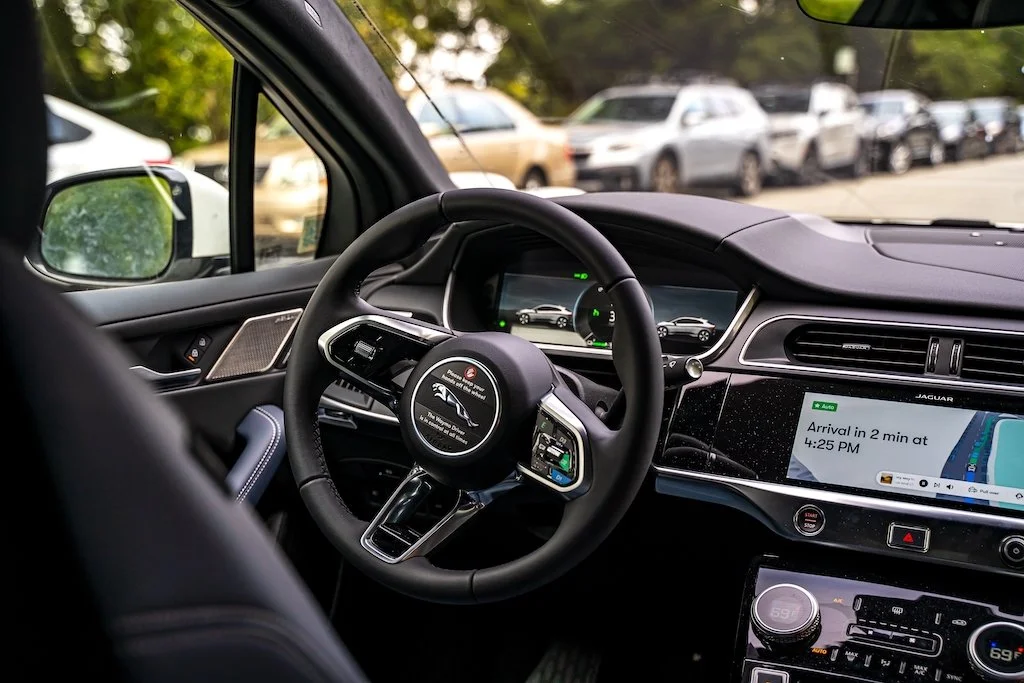Waymo plans to launch fully self-driving taxi services in London next year
Google sister company Waymo has confirmed plans to launch its fully driverless ride-hailing service in London in 2026. Working in partnership with its fleet mobility partner Moove, Waymo says over the coming months it will engage with local and national leaders and confirmed its safety drivers are set to start testing the vehicles, before fully autonomous operations begin next year.
image: Shutterstock
In the US Waymo has already driven over one hundred million fully autonomous miles on public roads and provided more than ten million paid rides. It is currently serving more than 250,000 paid trips every week with about 1,500 vehicles in San Francisco, Los Angeles, Phoenix, Atlanta and Austin.
“We’re thrilled to bring the reliability, safety and magic of Waymo to Londoners,” said Waymo co-CEO Tekedra Mawakana. “Waymo is making roads safer and transportation more accessible where we operate. We’ve demonstrated how to responsibly scale fully autonomous ride-hailing, and we can’t wait to expand the benefits of our technology to the United Kingdom.”
Secretary of State for Transport Heidi Alexander said, “I’m delighted that Waymo intends to bring their services to London next year, under our proposed piloting scheme.
“Boosting the AV sector will increase accessible transport options alongside bringing jobs, investment, and opportunities to the UK. Cutting edge investment like this will help us deliver our mission to be world-leaders in new technology and spearhead national renewal that delivers real change in our communities.”
Waymo says it can help achieve London’s transport priorities, including ambitious targets for reducing the number of people killed or seriously injured on its roads. Data shows Waymo self-driving cars are involved in five times fewer injury-causing collisions, and twelve times fewer injury-causing collisions with pedestrians compared to humans.
Robin Spinks, Head of Inclusive Design at the Royal National Institute of Blind People (RNIB) said, “The planned introduction of Waymo in the UK represents the potential for the dawn of a new era in independent mobility options for blind and partially sighted people.
“As someone who’s been severely sight impaired since birth, I’ve long hoped for the day when technology can safely enable spontaneous autonomous travel. Autonomous vehicles systems should be accessible to everyone and we’re working with the community and our industry partners to ensure that the rollout of this technology prioritises the safety and diverse needs of riders and pedestrians.”
James Gibson, Executive Director of Road Safety GB added, “Autonomous vehicles, such as Waymo, hold the potential to significantly improve road safety because, quite simply, the human driver is removed.
“The data shows that the Waymo vehicles have performed far safer compared to human drivers across more than 100 million autonomous miles. Rolling out autonomous vehicles in a progressive yet measured way will be the best approach. The road safety profession and wider society should embrace it. It could lead to a future that our vision zero aspirations envision.”
Waymo already has strong ties to the UK. London and Oxford are home to its international engineering hubs, which include teams advancing large-scale, closed-loop simulation – a gold standard development method for fully autonomous driving technology. It also partners with Jaguar Land Rover, whose all-electric I-PACEs outfitted with the Waymo Driver are serving hundreds of thousands of fully autonomous rides every week in the US and were recently introduced in Tokyo.

